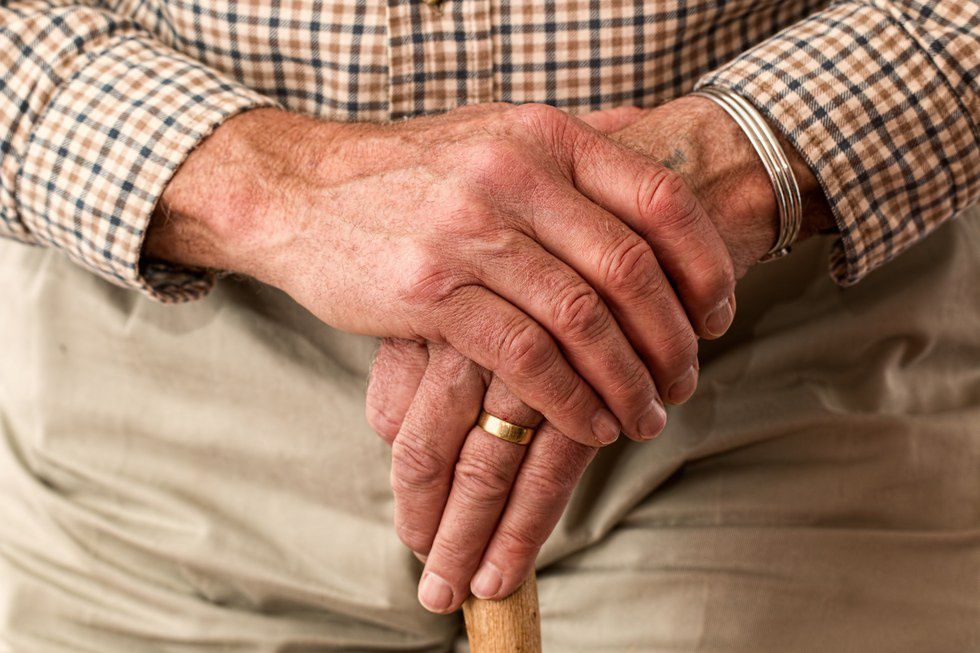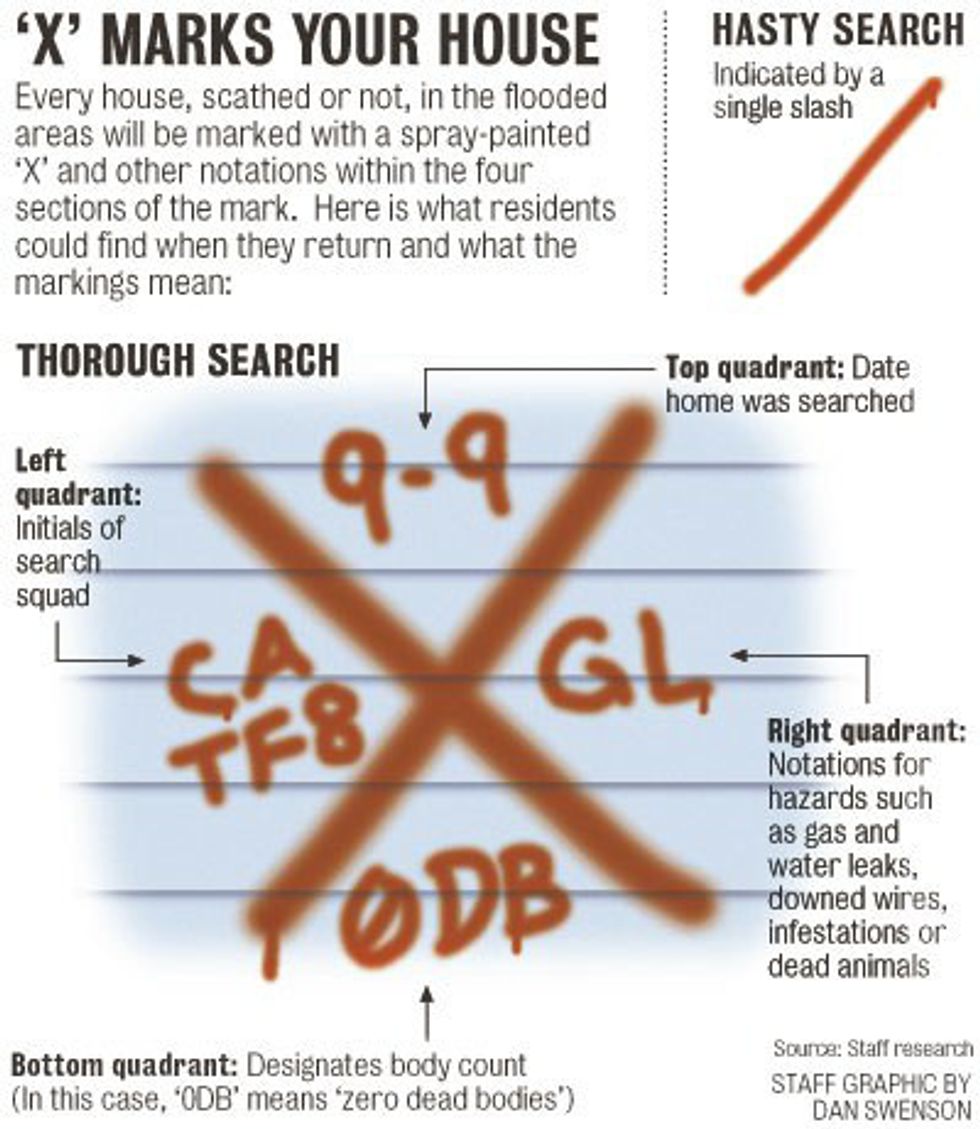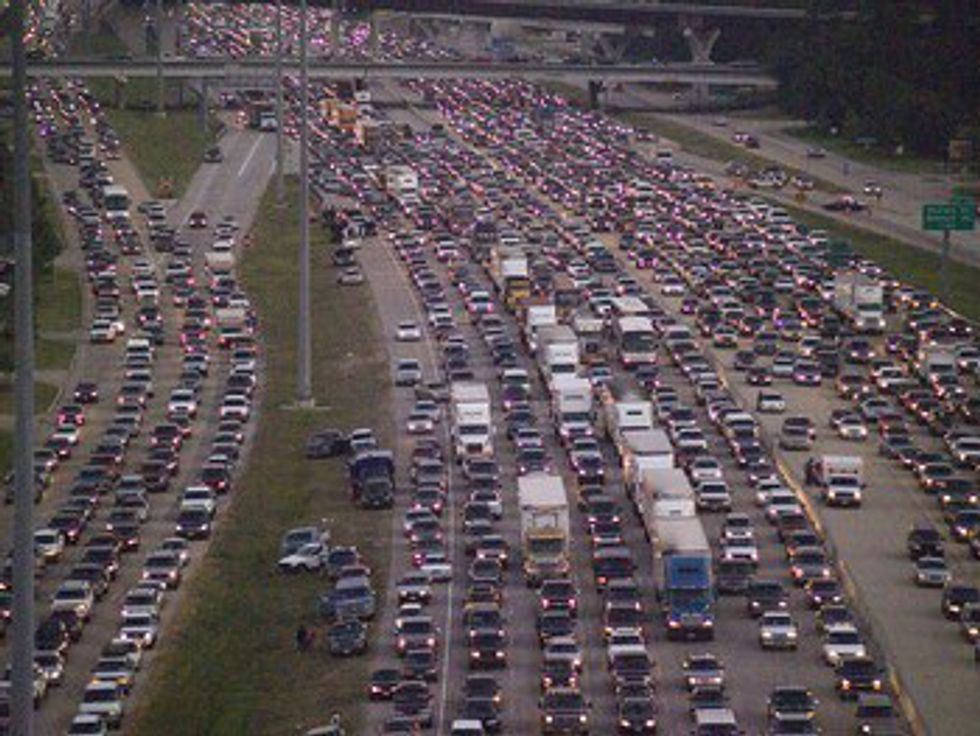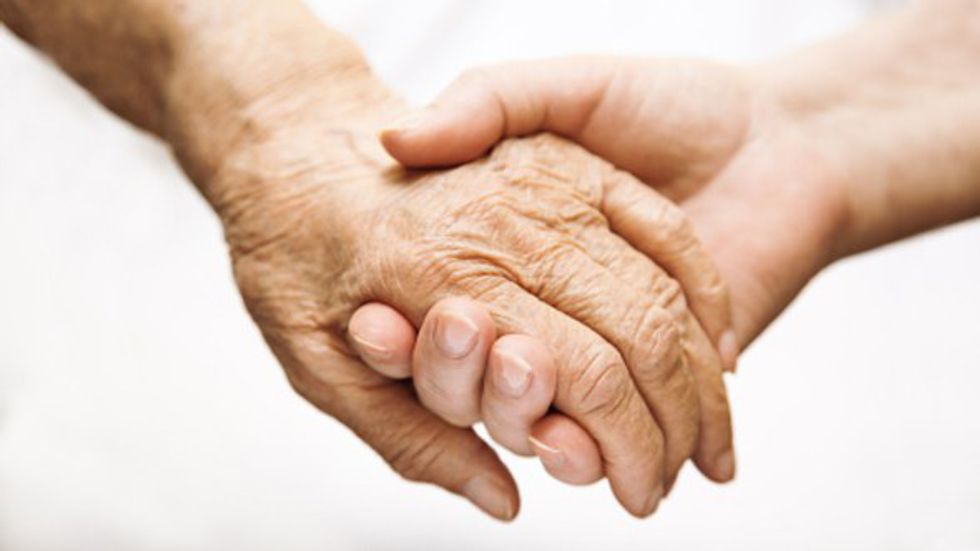Those who were residents of Florida and the southern coast of the U.S. in 2004 remember well the destruction caused by storms that year; Since then we have had relatively few storms in Florida.
Since 2004, the population of Florida has grown from 17.42 million (2004) to 20.3 million (2015), and many new Floridians have never experienced a hurricane firsthand; while many older Floridians have perhaps forgotten the potential power of a full-forced hurricane. With meteorologist predicting that this year hurricane season will be as terrible as 2004's, perhaps even worse, it is important to be prepared.
It was been 24 years since a category 5 hurricane made landfall in the united states, and while the memory of such destruction is not easily forgotten, we have perhaps become less prepared.
Here are some basic guidelines on how to be prepared in case of the worst:
Food and Water
The basic necessities of life; it is important to keep enough food and water for everyone in your household for everyone in your household, about two weeks worth if you can. If a large storm makes landfall you could be cut off from supplies from days to weeks, as well as any medicine or medical supplies you may need.
I realize that for some families day to day food is hard enough to find on its own. Please don't be discouraged. Local food banks can help provide extra food where possible; just try to save up as much as you can. If you can find friend and neighbors old milk cartons you can fill them up with tap water and keep them in storage. Water is more important than food.
Batteries, Radios and Flashlights
Try to keep extra batteries on hand, and at least one radio and flashlight. Power could be out for a significant amount of time and it's important to stay informed. Flashlights could also be the only way to see anything in the dark Florida nights.
Care for the Elderly, Sick and Children
Remember to care for those who can't help themselves. When caught up in being prepared it is easy to forget about all of those who will need extra help during catastrophic events. If you know elderly people in your area, think about how you can help in the event of a powerful storm.
Pet Plans
Don't forget your pet when making plans! Keep pet food and medicine stocked just in case. More pets are lost in Florida during hurricanes and storms than at any other time.
Rope, Tarp and Board
It is hard to visualize the magnitude and power of large hurricanes. Hurricane Andrew, the last storm to make landfall in the U.S. at Category 5 had sustained winds up to 175 MPH. That is enough to blow away trees and large objects, cars, and literally destroy smaller houses to the foundations.
It is incredibly important to board up or tape up windows when a storm of this magnitude is approaching, but please, remember to leave an escape route in case of flooding or other events where leaving your home would be necessary.
Tie down any large or small objects so that they don't fly away and damage someone's home or person. If you have a pool, as many in Florida do, you can put any outside furniture or objects in it to stop them from blowing away.
Flooding is also a huge problem in Florida, and local government often (nearly always) has free sandbags available to help keep water out of where it shouldn't be. Google can help you find where these free sandbags are available near you. You won't regret picking some up, even if you don't end up using them.
Paint, Flair and Fire
In the aftermath of a hurricane, it can be very difficult to find survivors, especially those trapped inside or on rooftops. To help with this you can keep paint or flairs with your emergency supplies; being able to attract attention at the right time could mean the difference between life and death.
Having fire making materials like waterproof matches, or flint and steel, can also help save you in a dire situation. Florida is typically very warm during the hurricane season, but having a fire or camp stove to help warm or cook food is welcome by all during an emergency situation.
Evacuation
We southerners are a very prideful bunch, and as such we are often want to ignore warnings and evacuation orders. I understand this and offer this advice. No property or possession is worth your life.
In the rare case that a full evacuation is ordered, please consider following it. Possessions can be replaced; a life can't.
Compassion
The most important thing in a catastrophic situation; I have seen much of it in the aftermath of hurricanes my entire life, but just as a reminder:
Remember to think and care about the needs of others when disaster strikes. Not everyone will be as prepared as you were, and not everyone has the money to stock food or water or batteries or rope. Not everyone can stand up, and not everyone is strong enough to board up their windows. Not everyone can drive or feed themselves, and not everyone's home can withstand high winds; at times of great need, remembering these things and more is vital to our greater survival.
By being prepared and working together, we can take the results of a devastating disaster and make them not quite so bad.
Please do the right thing.













 Photo by
Photo by  Photo by
Photo by  Photo by
Photo by  Photo by
Photo by  Photo by
Photo by 










